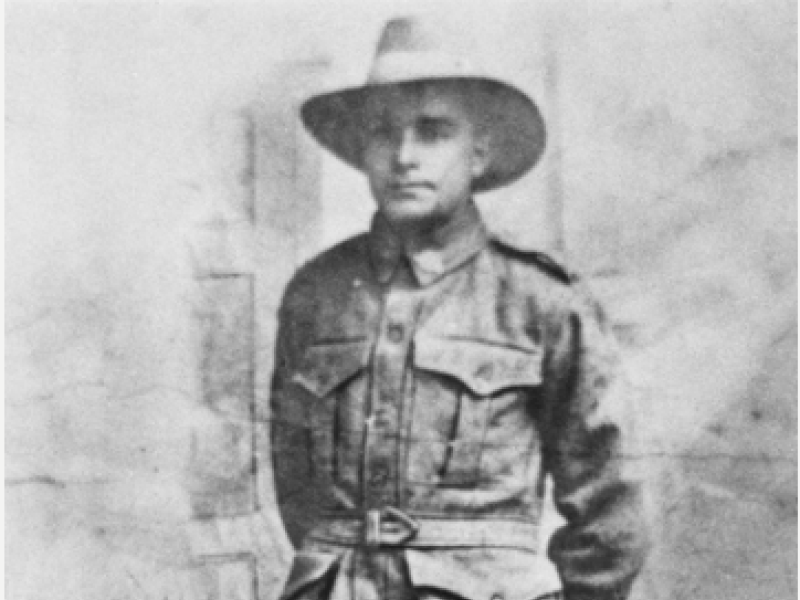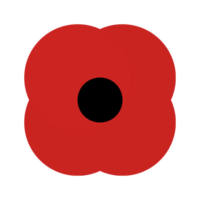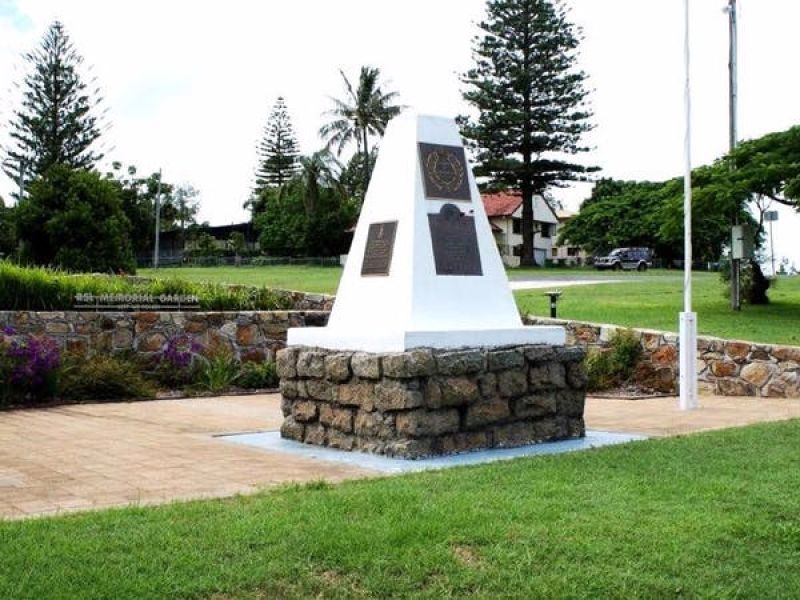Private Richard Martin, 47th Australian Infantry Battalion, AIF - part 1
Richard Martin was almost 23 when he enlisted in the Australian Imperial Force on 17 December 1914. He gave his birth place as Dunedin, New Zealand, declaring that he had five years’ service in the Light Horse.
In fact, he had been born on Minjerribah (Stradbroke Island), and had no previous military experience.
The reason he made this claim was that New Zealand’s Treaty of Waitangi granted Maori people full citizenship rights, enabling them to enlist.
Martin, on the other hand, was Aboriginal, and as such was neither an Australian citizen, nor eligible to join the Australian Imperial Force. The 1903 Defence Act specifically excluded those “not of substantial European descent” from service in cadets and the militia. Richard’s grandfathers were of European descent: English and French.
Richard gave his next of kin as his brother, Alfred Martin of Dunwich, and his mother, Rosie Martin, was listed as living at “Myora, via Dunwich”. The family was well known, and had lived in the town of Dunwich on North Stradbroke Island until the death of Richard’s father.
Myora, known locally as Moongalba, was a different kind of mission, where the Aboriginal community was able to retain their identity and much of their independence.
Many of the Aboriginal people at Myora, on the north-east coast of North Stradbroke Island, were descended from the Noonuccal and Koepul from Stradbroke Island, and the Ngugee of Moreton Island. Richard and Megan were Quandamooka from Minjerribah.
People from the Mission supported the war effort, fundraising for the Wounded Soldiers Fund, and at least half of the enlisted 22 men from North Stradbroke Island were of Aboriginal descent.
Bethel Delaney remembered her Uncle Richard leaving the island after successfully enlisted. She joined a group of people on the jetty who were waving him goodbye and feeling sad.
Richard Martin was allotted to reinforcements to the 15th Battalion, and in early May joined his unit on Gallipoli. Troops were establishing and defending the front line of the Anzac beachhead.
The conditions on the peninsula were harsh. Martin first began to suffer from jaundice. Later he was evacuated with dysentery, and in December, contracted mumps. After time on a hospital ship, he was admitted to a convalescent depot at Mustapha Barracks in Alexandria.
After a few days’ convalescence, Martin was reported for being “absent, drunk, and creating a disturbance”, the first instance of what would become regular run-ins with military authorities.
In December, Martin re-joined his unit in Egypt, where the AIF took on new recruits and reorganised. The 15th Battalion was split and Private Martin was among those transferred to the 47th Battalion, which began training in preparation for joining the war on the Western Front.
Arriving in France in early June 1916, the 47th Battalion participated in its first major battle at Pozieres. Martin was wounded in action during the fighting on 9 August, and was admitted to field ambulance with “shell shock” the following day. But he was back on duty after four days.
- Australian War Memorial https://www.awm.gov.au/collection/P11036358

 Australian War Memorial
Australian War Memorial